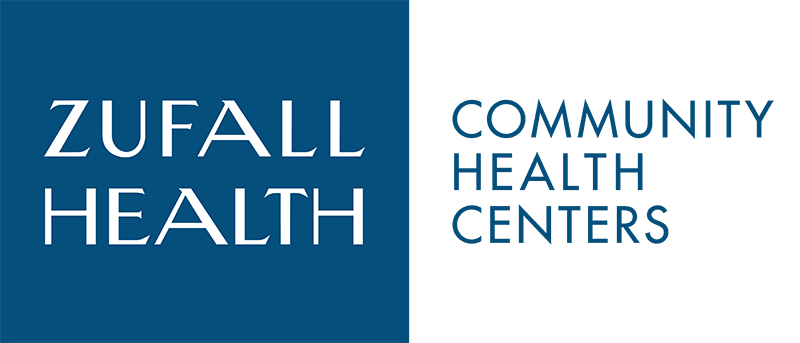

How Telehealth Transformed Our Delivery of Care
When Zufall Health’s clinical leadership first began discussions about telehealth with the New Jersey Primary Care Association (NJPCA), COVID-19 had yet to enter anyone’s vocabulary. Three years later, Zufall providers, including the Assistant Medical Director and family medicine physician Douglas S. Bishop, M.D., agree that telehealth has been essential for providing accessible and excellent health care delivery during the pandemic and beyond.
In addition to mitigating the spread of the virus in our clinical sites, telehealth was critical to discussing positive test results and prescribing life-saving treatment to COVID patients. “It is no understatement to say that without the ability to provide ongoing care to patients through telemedicine, more of our patients would have died and many more would have become sicker,” Bishop says.
The program has also been enormously beneficial to behavioral health care, Bishop notes: “The technology forever changed the delivery of mental health services. We are now able to reach more patients, more frequently and more efficiently than ever before.”
Telehealth at Zufall is available in English, Spanish, and in all other languages desired through a language line and provides a safe, convenient, and stigma-free modality through which patients can receive primary care, behavioral health care, clinical pharmacy services, nutrition services and chronic disease management services.
Moving forward, Bishop and colleagues are eager to expand telehealth across the health center, including dental and additional areas of primary care. Bishop says that “the benefits of this increased access accrue preferentially for our patients,” given that so many are geographically isolated or limited by physical infirmities, childcare concerns, or work schedules.
In the last two years, Zufall’s telehealth program has served 26,228 patients, including patients from special populations (people experiencing homelessness, residents of public housing, and migrant/seasonal farmworkers) and patients recently discharged from the hospital inpatient service or emergency department. Patients living with HIV/AIDS received more services during the pandemic as a result of having access to telehealth visits. In order to expand access for vulnerable populations, we have collaborated with external organizations to deliver care by telehealth, including Homeless Solutions, which serves people experiencing homelessness in Morris County, New Jersey; JBWS, which provides safety and support to survivors of abuse; and the Morristown Housing Authority, which provides housing to low- and moderate-income families.
The program’s most significant achievements include increasing knowledge of and acceptance of telehealth among providers and patients; decreased patient wait times; the enhancement of primary care access among special populations; the preservation of the provider-patient relationship during COVID; and the incorporation of specialist consultative care by telehealth. Overall, the program has enjoyed high patient satisfaction. In a survey to patients who received care between May 2021 and March 2022, respondents on average rated the telehealth service as 8.97 out of 10. Zufall providers will continue to offer telehealth services to patients as an integral part of the clinical experience, in our continuing effort to provide high quality, accessible and affordable health care to the communities we serve.


